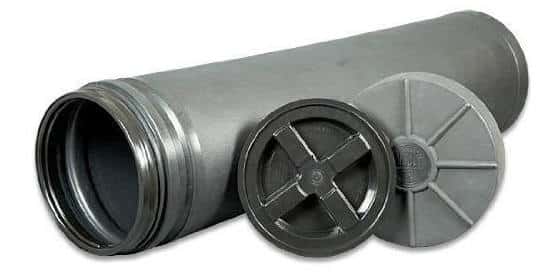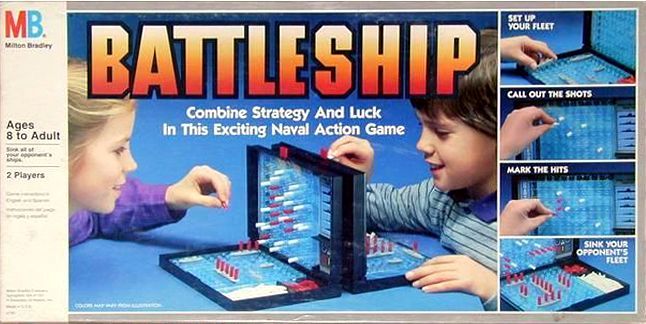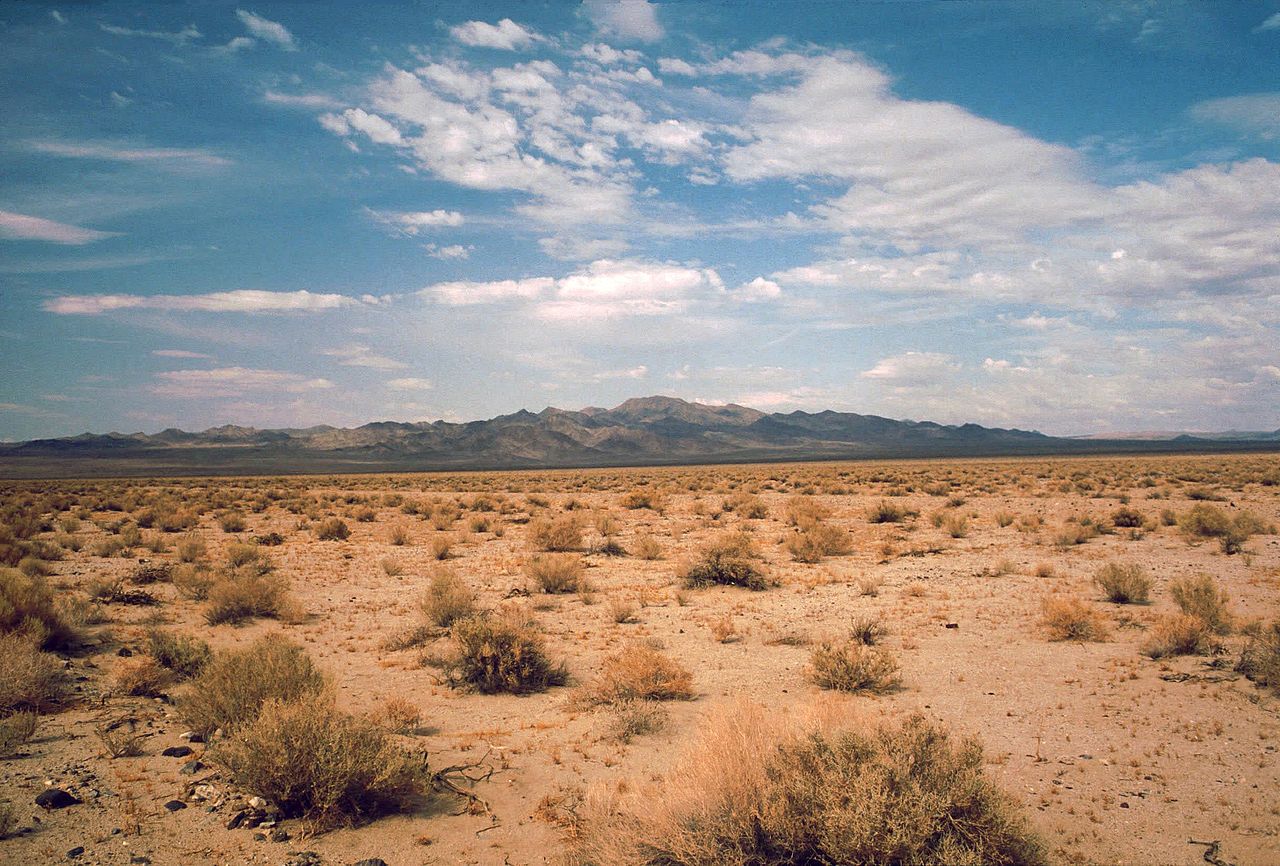Internet Soopergenius takes on Reality, in this case Remus' suggestions this week regarding caches:
czechsix I’ve got to say that his idea of supply caches being a standard distance and heading from camps – is a terrible idea.
Show your work.
Note he didn’t say to leave that information on a card on your front door when you split.
Got it.
It's bad because you say so, Secret Squirrel.
Which assumes somebody would first have to find not one, but two caches, and then extrapolate the existence of all the others from that starting point. And then find them.
If someone finds two of your caches to begin with, you have bigger problems than trying not to "make things easy" for whoever's finding them.
Like being that big a stumblefuck idiot.
So rather than exhorting someone "Don't be an idiot", you figure to take down an entire post because (insert magical hand-waving here) you said the Underpants Gnome will find your stuff.
Thanks for sharing, and the clarification.
I've been reading Remus for years, and you for mere seconds, and I already sussed out which one of you makes more sense, and might know what they're talking about.
And not for nothing, but I'm guessing you never played "Battleship" a lot.
Because no one who had the merest grasp of real-world caching, let alone a kids' 10x10 X-Y grid, would ever try to extrapolate winning the entire game from one datum point.
I'll make it easy for you: If I bury a Toyota Corolla, there are 360 or so car-sized points in a single acre map to find it. Or, a problem 3 1/2 times harder for getting one single hit in a game of "Battleship", which starts with a statistical 1% chance.
If I bury the Corolla in a square mile, it's 640 times worse than that: one chance in 230,400. Or a 0.000434% chance of finding one buried car-sized object (let alone a trashcan-sized cache). If I make it an area three miles square, you have one chance in 2,073,600 of finding one buried car-sized object. In an area the size of a township 6 miles square, you'd be looking at one chance in 8,294,400.
To find something the size of a car.
If I drop the cache to the more realistic size of a 55-gallon drum (a not unreasonable suggestion), your chances of finding one such cache in that area drop to 1 in 248,832,000.
To find just the first buried 55 gal. drum o' stuff.
For reference, the odds of winning the Powerball are currently
calculated to be 1 in 292,000,000.
And you'd have to find two such drums. And then (Aha!) cleverly deduce that all the other caches were on identical radials and distances.
(I'd go easy on you, and leave that problem in degrees, rather than mils, which come 6400 to the compass rose instead of only 360).
Which, at 3 miles' distance from a point at the center of that notional township-sized parcel, gives someone only about 44,800 possible burial sites for a drum-sized cache at the 3-mile mark. Yeah, good luck finding one, let alone two, even at the vastly reduced odds of 2/1000ths of a percent (squared, if you expect to find the second one).
So from a bare chance of finding two such caches being a combined
1 chance in 85,264,000,000,000,000, which is one million times more than the sum total of every human finger currently extant on the entire planet, you're telling me somebody should worry because someone might be able to tell which two fingers in the entire human race are doing the same thing at the same time, right now.
You'd have to leave either a note on the door, with a marked topo map, or else flag your cache sites with a 24-hour strobe light and neon arrow pointing at the site to give anyone a chance of finding the first one.
(Talk to some geocaching guys, and try telling them the target is located somewhere in the above 36 square miles, under the small tumbleweed:
Or here, it's next to the pine tree:
Do let us know what their answer to that poser is. I'm guessing the suggestion offered will be both impolite, anatomically impossible, and/or involve one or more of your relatives.)
The average person can walk about 3 mph. If they had a metal detector, they could cover a strip 5' wide and 6 miles long in two hours, and they could search the entire area in that notional township in only a year and a half, provided they never slept, took meal breaks, or stopped to pee. For eighteen months. A more likely rate of 9 hours a day six days a week means they'd need only 6+ years to search the entire area, once. Assuming no overlaps or mistakes. And that nobody hiding there all that time notices this, and interferes with them, or moves the caches.
The TL;DR version: no chance in hell anybody's finding anything even one time, unless someone is a total idiot, or random happenstance. Two is up there with catching unicorns. While riding the Easter Bunny.
I'm guessing math's not your game, Ike.
I know! Let's have a spelling contest!
Lessons for the day:
We read other people's websites because none of us are smarter than all of us, and other people's posts make us think.
We read some of the comments on other people's websites for the same reason people watch Dr. Phil or watched Sally Jesse Raphael or listened to Dr. Laura: so we realize we're not only not the stupidest jackass on the entire planet, but probably not even in the Top Ten Million People on that list.







